Srinagar: The Jammu and Kashmir High Court on Monday reserved its decision on a petition challenging the trial court order wherein it had accepted the final report of police in Tufail Matoo case. The final report by Special Investigation Team (SIT) of police had closed the case as “untraced.”
Court of Justice Verinder Singh reserved the verdict after hearing arguments of the counsels representing the parties. Tufail Matoo, a class 10 student, was killed on June 11, 2010, when a police teargas shell allegedly hit him in the head near Gani Memorial Stadium in Rajouri Kadal area of old Srinagar. Tufail was returning home from tuition classes when hit by the teargas shell.
The killing triggered massive and unprecedented protests in Kashmir that witnessed killing of more than 120 protesters in police and paramilitary CRPF firing in the subsequent months.
Mian Abdul Qayoom, representing Tufail’s family, argued that opportunity to hear the complainant was not provided, saying police had not relied on the postmortem report and in these circumstances they could not close the case.
He pleaded that court may appoint some independent agency to conduct impartial investigation of the case. He, however, pleaded that the case should not be handed over to CBI, saying the central government agency has not done justice with the cases handed over to it in the past.
Additional Advocate General Reyaz Ahmad Khan defended the State in the case.
The Court of Sub-Judge (Passenger Tax Srinagar) on February 27 this year had accepted the report of the SIT into Tufail Matoo case as ‘closed untraced’.
Tufail’s family challenged the trial court decision in High Court on the grounds that the court was not “legally competent to accept the closure report of the police”, submitting the High Court was “seized of the matter and the report filed by the respondents.”
In November last year, SIT filed the final report of investigation in High Court stating that the case was closed as untraced.
In the report, the SIT had stated that ‘all the possibility of collecting evidence’ in this case was explored to reach some conclusion but SIT was not able to find any conclusive evidence.

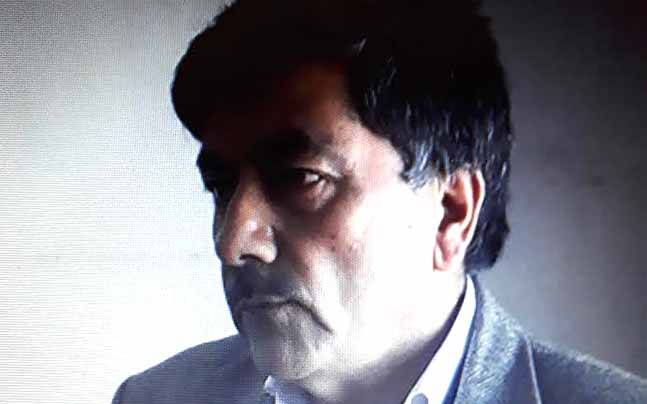

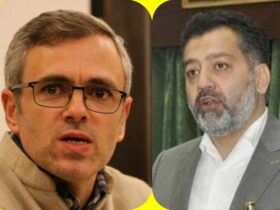
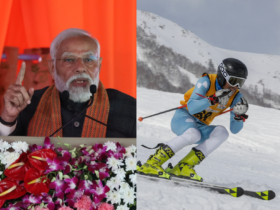

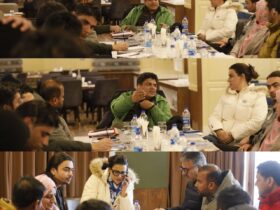


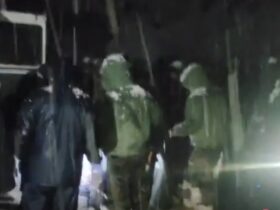
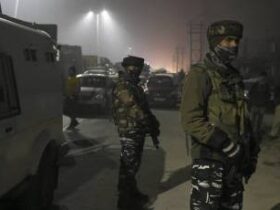
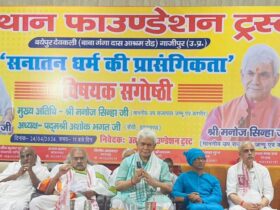
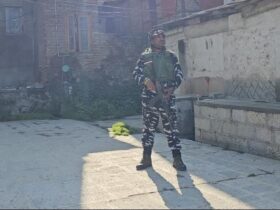
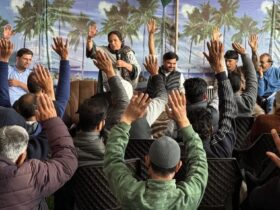
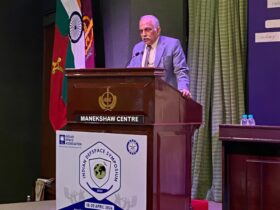
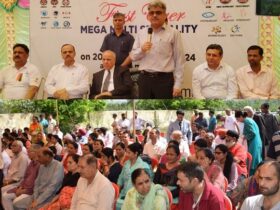
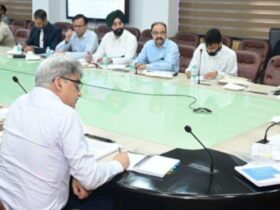

Leave a Reply